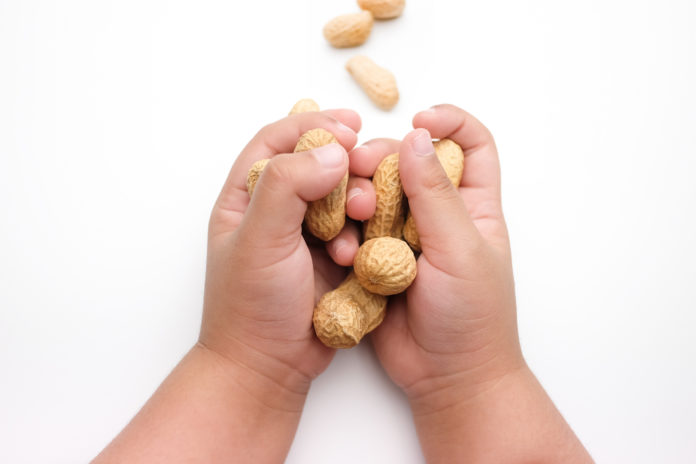In a 2019 Ami Living article a mother—who didn’t use real names for herself or her son, but was available for contact through Ami—shared the challenges of raising a son with severe allergies. One kind of cereal, one kind of soy milk, potatoes, sweet potatoes, meat—with limited spices, apples, rice and oats. That was everything her son, “Yosef,” could eat. Yosef also reacted to smells, heat, exercise, vitamins, medications, dyes, preservatives, flowers and trees. His mother knew many people who had allergies, but she’d never met anyone who was allergic to almost everything in the world.
Until the story appeared in Ami Living. And Chavie Katz, who also thought she was the only one with a child like that, read it and picked up the phone.
Chavie’s fifth child, Yaakov Tzvi, was born in 1996. He entered the world with head-to-toe eczema. The hospital staff had never seen a newborn in that condition and had no idea how to treat him. Chavie took her baby to allergists and dermatologists. One doctor was very firm: “Don’t let water touch his skin. Only bathe him once a week.” Another doctor, just as firmly, instructed, “Bathe him three times a day.”
Yaakov Tzvi’s skin was raw, and on some parts of his body he was missing pieces of skin, which left him looking like a burn victim. She remembers, “He would scratch all day. Some of my family members couldn’t bear to be in the room with him because it was so horrible to watch.” He was allergic to all the moisturizers on the market at that time, except Vaseline. Chavie ordered tubs of Vaseline and cases of rolls of gauze from the pharmacy. For months, twice a day, she covered Yaakov Tzvi in Vaseline and swathed him in gauze from head to toe.
Chavie tried to nurse her baby, but he vomited constantly. He cried and cried. She switched to formula and tried one after the other until she discovered that he could tolerate Neocate.
When Yaakov Tzvi was 16 months old, she heard about a doctor who had come to New York from Johns Hopkins. She called for an appointment on a Friday. The receptionist told her the next available appointment was in three or four months, but when Chavie described her baby’s symptoms she was told, “Bring him in on Monday morning.”
The doctor wasn’t able to do any skin pricks on Yaakov Tzvi because there were no areas of clean skin on his body, so they hospitalized him to clear his skin. They did an endoscopy and told Chavie that her baby’s esophagus was burned raw. “What you’re seeing on the outside is going on inside his body, too.”
After a week in the hospital, Yaakov Tzvi was able to undergo allergy testing. The results showed that he could eat five foods: rice, corn, potato, sweet potato and oats. Those were the only foods he ate until he was ten years old. All his food is prepared in separate pots and in a separate oven. The family adapted. Chavie says, “If there’s a stack of paper plates, my kids will take one from the middle because the top one may have been touched by someone who touched something…”
In those days, there was no such thing as “made in a dedicated nut-free facility.” There also wasn’t a wide range of kosher speciality items available. Chavie became really good at “the hunt.” She called manufacturers and questioned them about their processes, and she tracked down products. She found rice bread; it came frozen and too hard to cut. If she thawed it for too long, it would crumble. Catching the rice bread at exactly the right temperature became an art. After Pesach, Chavie trekked from store to store and bought all the leftover oat matzah at half price.
Chavie says, “Our allergist, whom we met when Yaakov Tzvi was three years old, has become like a member of the family. He sees lots of kids with allergies, but he puts it this way: ‘There are many levels. And then there’s the Katz level.’”





















